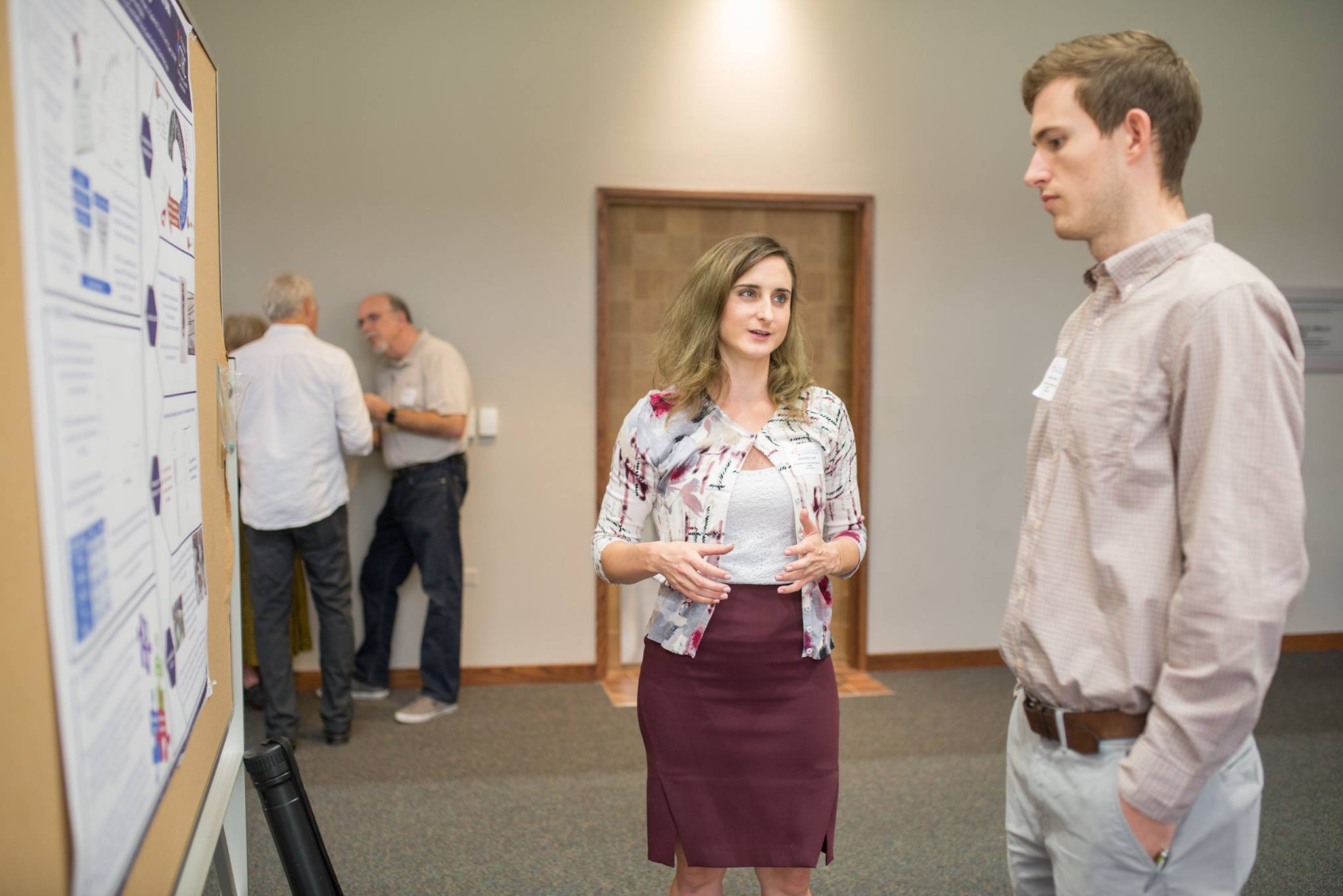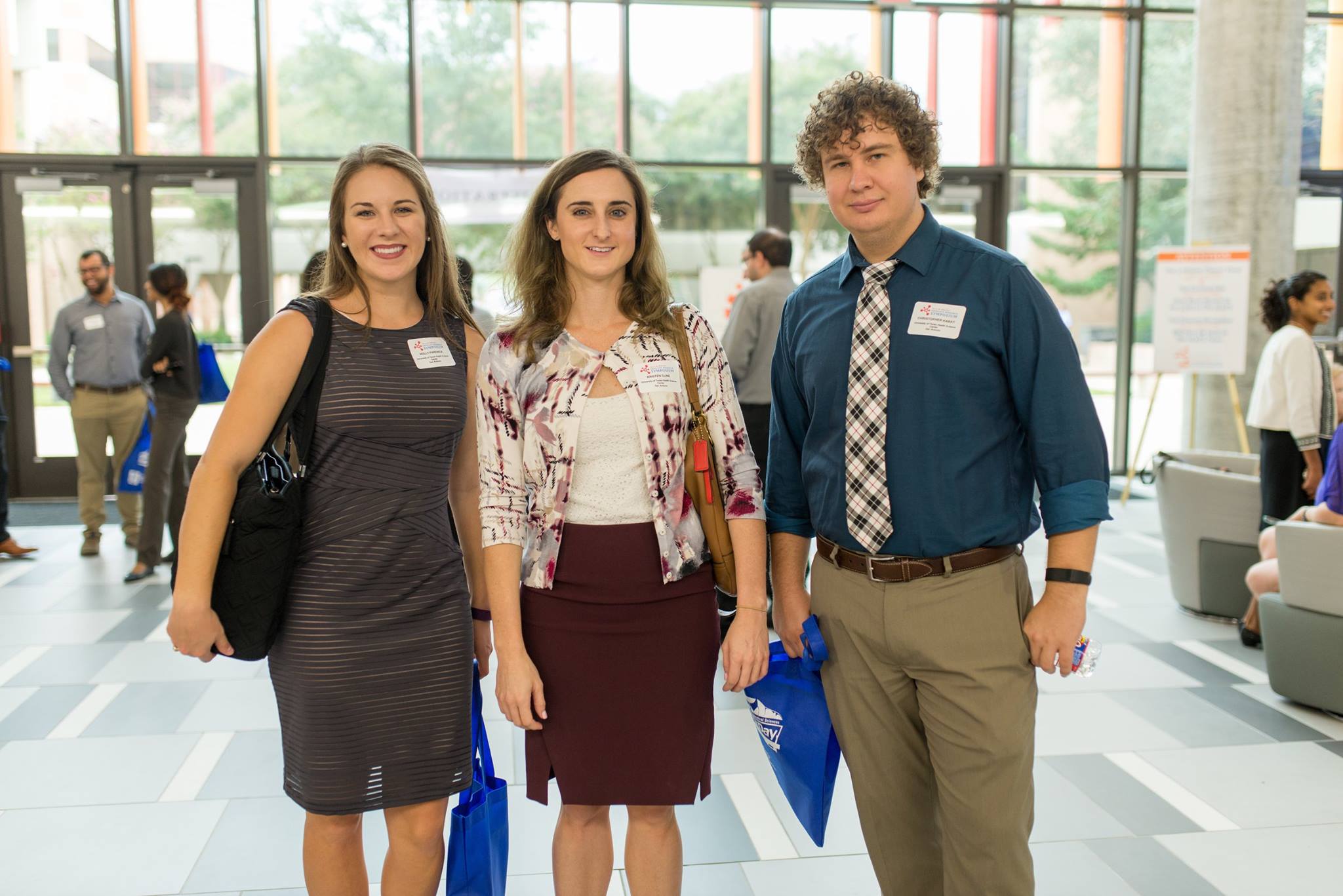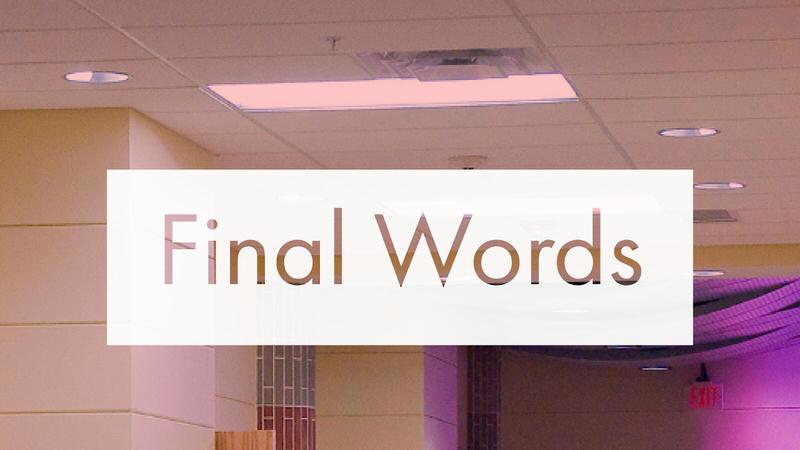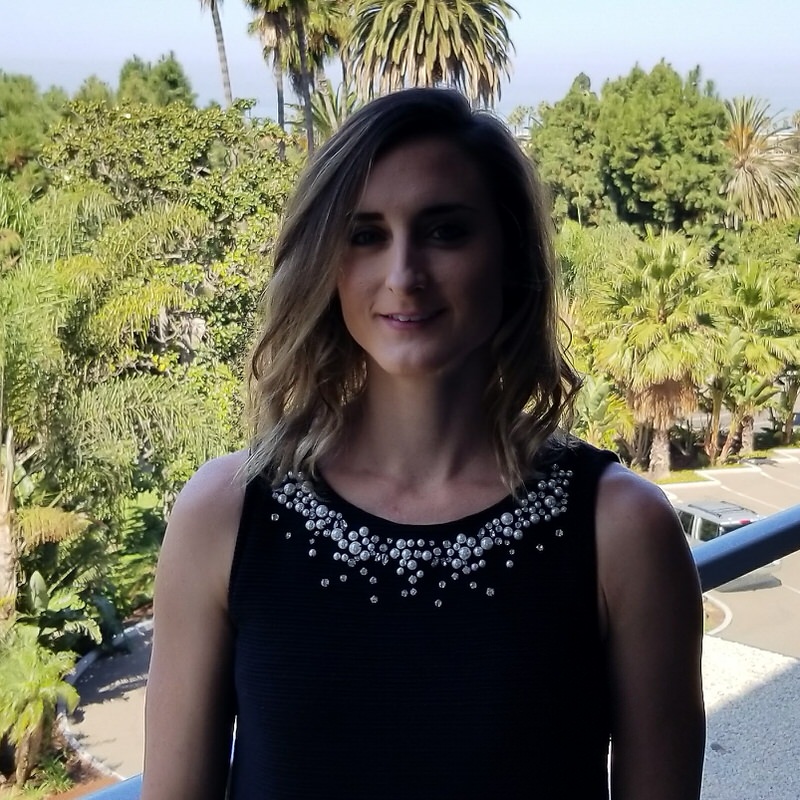Final Words: Kristen McConnell
Your name, program, dissertation title.
Kristen McConnell, Radiological Sciences Ph.D. program (Therapy Medical Physics), Clinical and biological relevance of a DNA dosimeter
Please tell me about yourself, why did you pick UT Health San Antonio, and your program.
I studied mechanical engineering in undergrad and nuclear engineering for my masters. I worked for three years after as a technology consultant at Accenture. For me, medical physics was a way to use the skills I learned at Accenture and couple them with my interest in radiation.
Please provide a few sentences summarizing your dissertation. What was the experience like for you?
My dissertation work focused on testing a new kind of radiation dosimeter that I helped to fabricate. It uses DNA double-strand breaks to detect dose, which should inherently be more biologically relevant than conventional detectors that detect charge. I tested the dosimeter’s response to various situations including irradiation by neutrons from UT Austin’s nuclear reactor as well as low and high energy photons generated here on campus.
 Why are you passionate about your research topic? How did you first become interested in it?
Why are you passionate about your research topic? How did you first become interested in it?
This dosimeter has the potential to change the way we measure dose, which has implications in both radiotherapy and radiation protection. Potentially, we could use a person’s own DNA to personalize treatment or to measure occupational exposures to a specific person. This could revolutionize the way we approach using radiation to treat cancer. In the short term though, there are many challenges and it has been like a giant puzzle uncovering them, which has made it quite fun.
What has been the highlight of graduate school so far? Have you won any awards or have there been any achievements you’ve been proud of?
I’ve really enjoyed working on the DNA dosimeter because it has used both my engineering and physics background plus it has allowed me to work with people from across the institution as well as friends at UT Austin. I’ve had the opportunity to present this work at multiple meetings: Southwest American Association of Physicists in Medicine 2016 (1st place oral), Southwest American Association of Physicists in Medicine 2017 (1st place poster, 2nd place oral),
 South Texas Chapter of Health Physics Society (1st place oral), and at the annual national American Association of Physicists in Medicine 2017 Meeting as a John Cameron Young Investigator Finalist.
South Texas Chapter of Health Physics Society (1st place oral), and at the annual national American Association of Physicists in Medicine 2017 Meeting as a John Cameron Young Investigator Finalist.
What’s next?
We are boarded by the American Board of Radiology, so the next step is to attend a two-year residency program. I’ll be attending mine at the University of California, San Diego starting in July. With any luck, I’ll also learn to surf by the end of the two years.
Any advice for your fellow graduate students?
Don’t treat graduate school as school. Treat it as a career. Network with as many people as you can, get involved on campus, and treat your research as your product. Market yourself and your work. And don’t forget to have fun!


